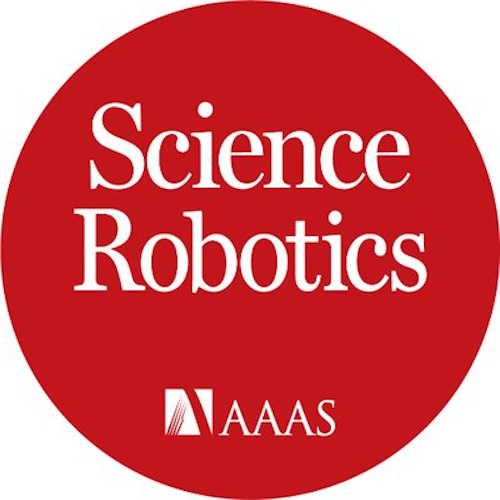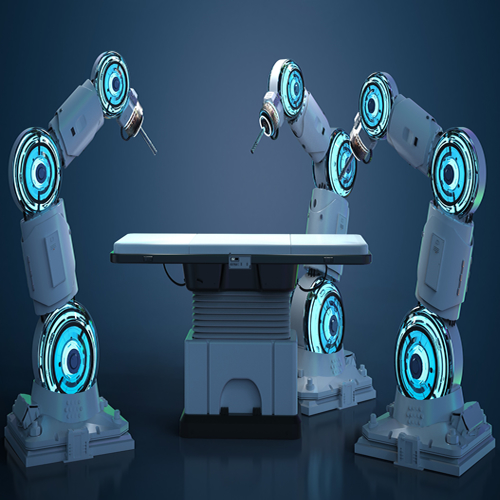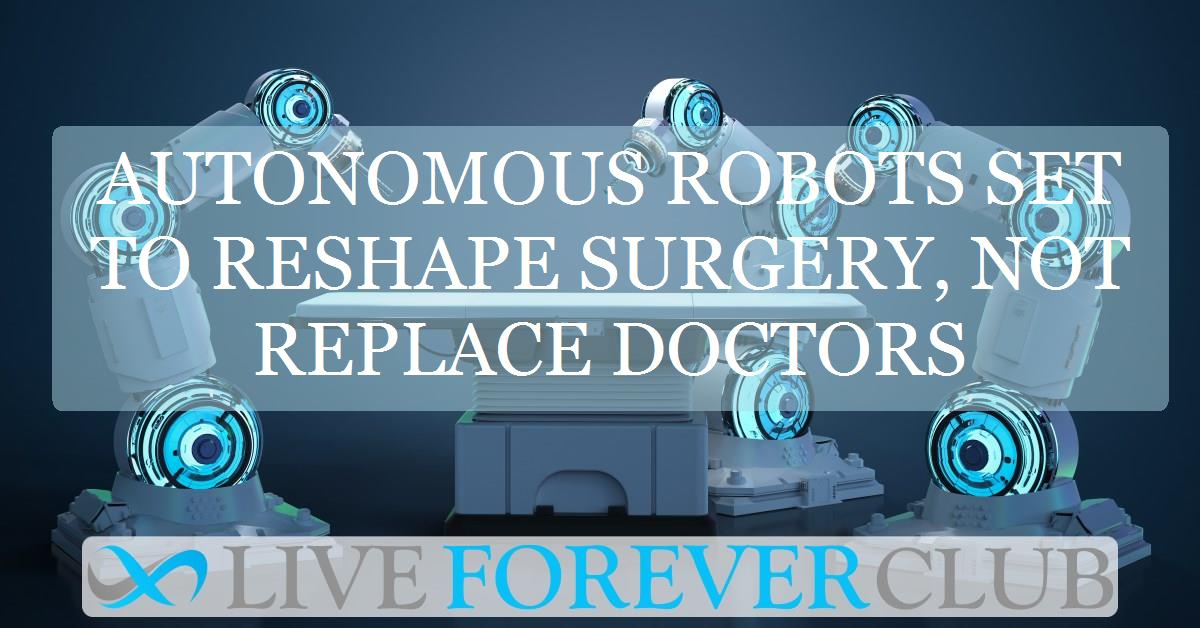Key points from article :
Medical robots are often imagined as autonomous “robot doctors,” but experts say that vision is still far off. Today’s systems mainly serve as sophisticated extensions of a surgeon’s hands rather than independent decision-makers. In a Science Robotics article, Pierre E. Dupont, professor of surgery at Harvard Medical School and chief of pediatric cardiac bioengineering at Boston Children’s Hospital, argues that the real promise of robotic autonomy lies not in replacing clinicians but in enhancing their skills and making advanced procedures more widely available.
Some areas of medicine are already seeing forms of automation. Orthopedic surgery, for instance, uses robots to mill bone cavities for implants with high precision. These tasks are well-suited for automation because the geometry of bone is predictable. But procedures involving soft tissues, like heart or abdominal surgery, are far more complex — requiring adaptability and judgment that robots are only beginning to approximate. Advances in artificial intelligence, particularly large language models and learning systems, could help robots manage these dynamic situations, opening possibilities for automated support in fields such as transcatheter heart valve repair.
Dupont stresses that the key benefit of autonomous systems may be expanding access to care. At present, cutting-edge procedures are concentrated in large urban medical centers. With teleoperation and learning-based autonomy, highly skilled interventions could be delivered at smaller community hospitals, allowing patients outside major cities to benefit without traveling long distances. Rather than threatening jobs, such systems could act as expert partners — effectively “coaching” clinicians and helping them achieve proficiency more quickly.
Still, challenges remain. Robots are expensive to design, test, and roll out, and hospitals weigh costs carefully against patient outcomes. Regulatory oversight is also critical to ensure safety when robots encounter unexpected complications. Dupont predicts that autonomy in medicine will grow gradually, with robots taking on more tasks as technologies mature. Fully clinician-free robotic surgery, however, is not on the horizon anytime soon.







